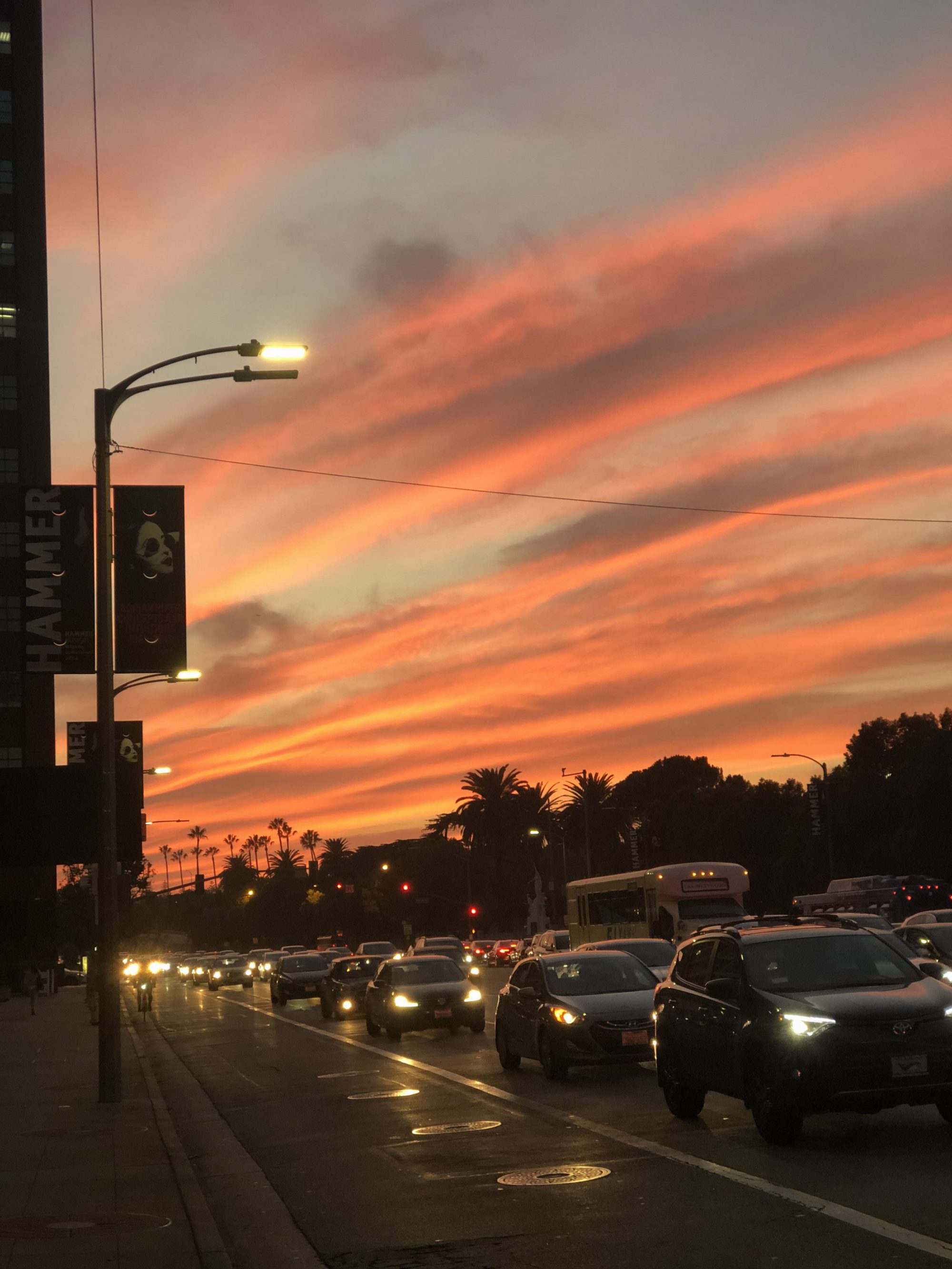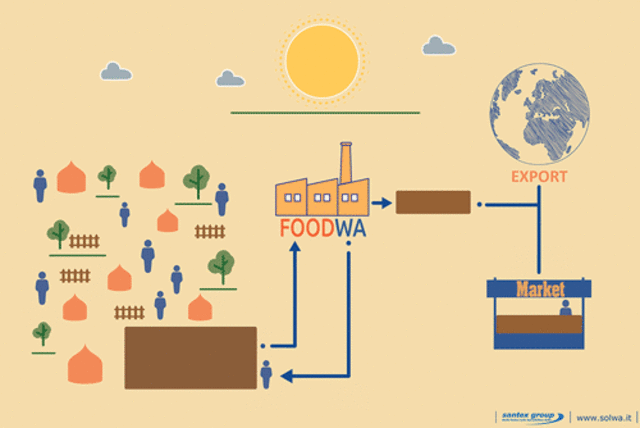The company behind this tech (@solwasrl) is interesting too—they have a product for desalination (solar) and one that makes fuel from seawater sludge!
A lot of food grown in developing countries never makes it to the people’s bellies. Because of a lack of refrigeration, it rots during transport or when farmers fail to sell it immediately at markets. Every year, 1.3 billion tons of food (with a value of more than $1 trillion) is wasted in this way, according to the U.N.’s Food and Agriculture Organization.
Drying food is a good alternative to cooling (perhaps you’ve heard of beef jerky). And with the FoodWa system, developed by a startup in Italy, you don’t even need electricity to do that. Its dryer runs completely on solar energy, which is captured both in the form of heat and by solar panels.








